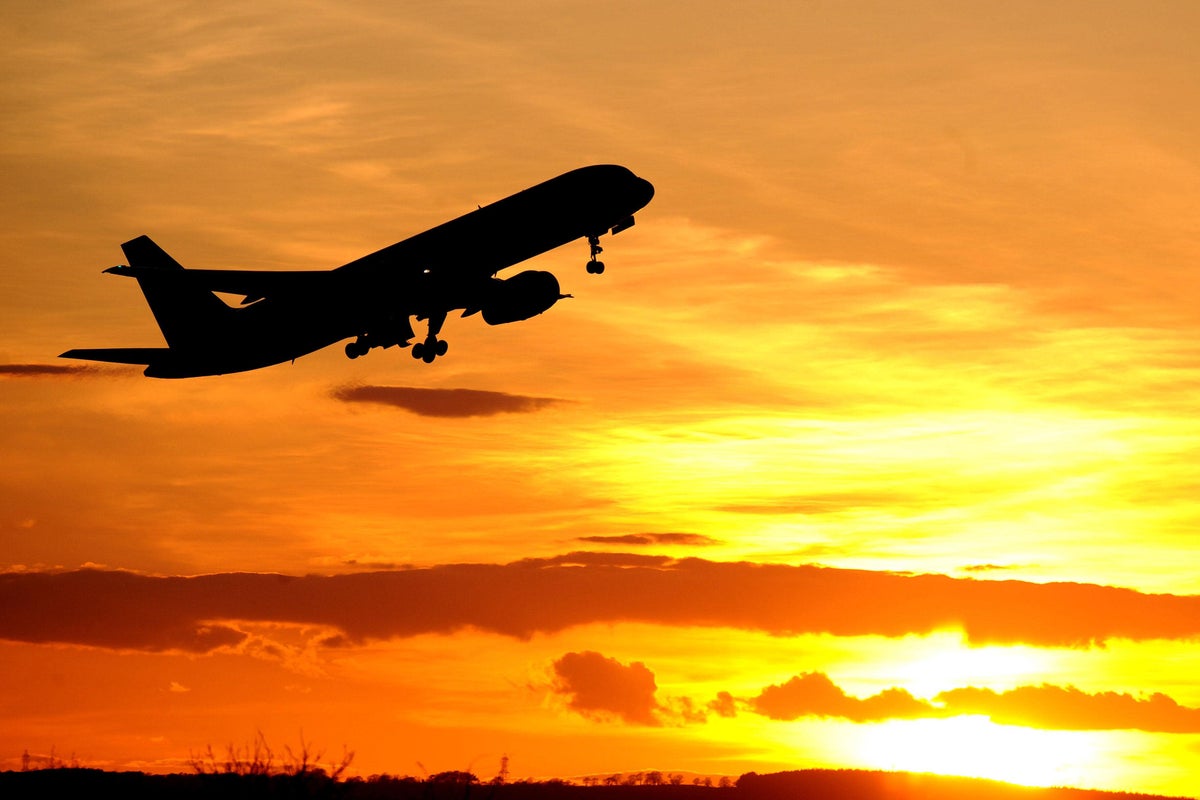
A medical emergency occurs on one in every 212 commercial flights, new research suggests.
Flights are affected by medical emergencies “more frequently than previously reported”, experts said, after conducting the largest study of its kind into the events.
Researchers examined data on 77,790 in-flight medical events reported by 84 airlines to a global ground-based medical support centre called MedAire in 2022.
They found the average age of people who reported a medical emergency was 43 years old.
Most events reported mid-journey were resolved with in-flight advice and treatment, according to the study.
Some 7.7% people needed to be transferred to hospital for more care.
And some 0.4% – or 312 people – died on board.
The majority of flights proceeded to their destination as planned but 1.7% planes had to divert as a result of the medical emergency.
Stroke was the main reason for a plane needing to divert.
Other health issues that led to diversions included serious heart problems, altered mental status and serious allergic reactions.
Overall a third of medical events occurred when another passenger was on board with a medical background.
If a doctor was on board a plane and volunteered to assist, the odds of a plane diverting were higher, researchers found.
“These events occur more frequently than previously reported,” the researchers from Duke Health wrote in the journal Jama Network Open.
Dr Alexandre Rotta, corresponding author of the paper from Duke University School of Medicine, in the US, said: “This is the largest and most comprehensive study of in-flight medical emergencies ever conducted.
“It gives us a real-world snapshot of what happens when someone gets sick in the sky and how starkly the options differ from those in a hospital.”
Dr Rotta, who himself has been called to assist a passenger on a number of flights, said: “It’s humbling to practise medicine in the air
“You’re working with limited equipment, no lab tests and no back-up. Even minor issues can become major challenges.”
He said that airlines are generally well-prepared, especially in the US, where regulations require defibrillators and basic medical kits.
But he said: “Airplanes aren’t hospitals, and we shouldn’t expect them to be, but having expert guidance from the ground can make all the difference when someone’s life is at risk.”
